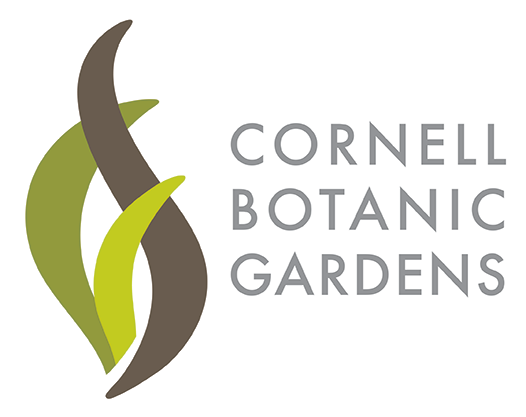Duncan Goodwin

Research Project
Paths to the Community: How can public gardens link to their neighborhoods?
View Duncan's thesis (1010.27 KB)
In a fast-changing world where environmental loss is proceeding at an unprecedented rate, public gardens and arboreta are re-evaluating not only their role in society but also their connections with the local community in both a moral and economic sense. To investigate how they are reaching out to their immediate neighborhoods, 61 gardens, who were thought to have, or be planning, physical links into their communities, were surveyed.
From the sixteen that responded and the nine that were further interviewed, a pattern emerged for a set of criteria that are required for a link’s success. It would appear that the following five traits need to be found not only to make it easier to create links in the first place, but to also ensure that they are adopted, maintained and watched over by the community, :
- creating a link between destinations
- becoming a destination
- working with other bodies or organizations
- working with the community
- employing some form of narrative
It was therefore thought important to interview other organizations with a record for successful trails, to determine how they would recommend achieving these five traits.
It is hoped that by presenting what public gardens are attempting to accomplish with physical community links, and offering a compilation of best practices for the success of these links, others will consider the importance of the role they play within society and what can be done to facilitate that role.
To read more about Duncan’s study see: Paths to the Community: How Public Gardens Link to Their Neighborhoods. Duncan Goodwin, Don Rakow, and Sonja Skelly. The Public Garden, 20(2): 35-37.
Current News
Duncan is an Associate at Capita Lovejoy (a Landscape Architecture practice with its head office in London) managing a team of Landscape Architects on a multidisciplinary design and construction project based in the South of England. Duncan also holds a part-time teaching position at the University of Greenwich, in London where he teaches a Planting Design course as well as assisting the final design studio for post-graduate Landscape Architecture students.
Background
During his career, Duncan gained experience from the gamut of practical horticulture before graduating from Sparsholt College, Winchester, in South-West England. He has worked in commercial nurseries, operated a small organic farm and run his own landscape contracting company for ten years.
He eventually became propagator at the prestigious Sir Harold Hillier Gardens and Arboretum in Winchester, England in 1995. There his duties concentrated mainly on the day-to-day management of the propagation unit and nursery, containing some 20,000 plants. He developed and implemented a propagation unit development plan which included the use of glass structures, a modern irrigation system and more efficient use of space and improved standing areas. He was also responsible for the introduction of data recording within the Propagation Department, the keeping of accurate records and the production of reports, using the plant collections database, BG-Base.
Duncan ran the propagation volunteers program, led many guided tours for the public, several specialist and student groups, and also organized and taught many practical workshops covering a range of different horticultural topics. He was responsible for the weekly production of a self-guided tour leaflet which highlighted plants of seasonal interest and for the production of various written articles for both internal and external publications. Four such articles have appeared in the Royal Horticultural Society's The Garden magazine, one of which was submitted for the Garden Writers Guild Trade Press Award in 1999.
Duncan became Deputy in 1998 and then Head Gardener in 2001 with responsibility for the supervision and training of 14 horticulturists, 4 horticultural students and many volunteers. As a member of the gardening team, he was responsible for the maintenance and development of significant areas within the gardens with particular interests in the development and interpretation of the Hamamelis, Hydrangea, and Viburnum collections. Duncan was also instrumental in the development of a new Hydrangea and Viburnum walk.
Before coming to Ithaca, Duncan was accepted onto the Masters program at the University of Greenwich in London to earn his Degree in Landscape Architecture. While he is here at Cornell, Duncan's coursework will also contribute to that degree.
In addition to the many workshops, lectures and slide presentations he has been invited to give, Duncan has also taught propagation workshops at the Icelandic School of Horticulture in Reykjavik and the Morris Arboretum in Philadelphia, PA for both students and professional growers.
Duncan's main interests are photography, books, walking, horse riding, bicycling, bird watching and anything to do with the natural world.








